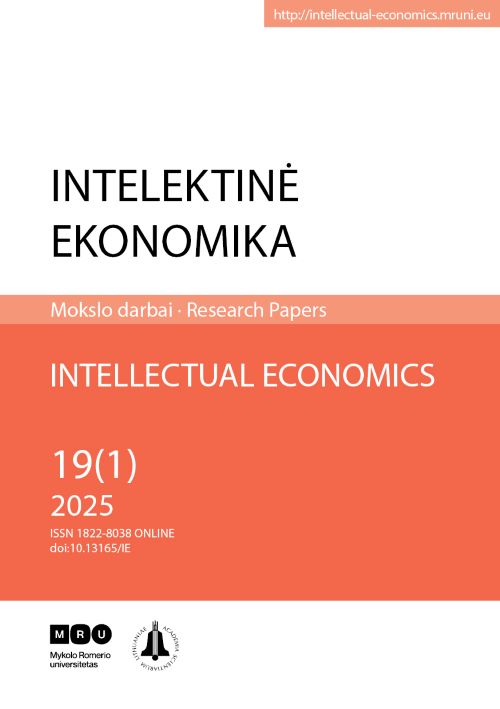Hierarchical modelling of sustainable energy consumption profiles for developed and developing countries
##plugins.themes.bootstrap3.article.main##
Abstract
Purpose: The purpose of this paper is to investigate how energy consumers evaluate economic, social, and environmental factors in developing and developed countries and to compare developed and developing countries in terms of the impact of these factors on consumer decisions in dimensions of sustainable energy consumption.
Methodology: To achieve this goal, the authors will use data from a survey conducted in five countries representing developing and developed economies and then use hierarchical modelling to assess consumer preferences regarding sustainable energy consumption.
Findings: The analysis of the results indicates that economic, social and environmental factors play an important role in shaping consumer decisions on sustainable energy consumption, with their importance varying according to the level of development of the country. The income and energy price are important factors in both developed and developing countries, but they are more crucial in developed countries. Social factors are perceived as more important in developing countries. Environmental factors are crucial in both developing and developed countries, but acceptance of these factors is higher and more uniform in developed countries. Originality: This study offers a multidimensional framework for understanding sustainable energy consumption. Besides, the authors assess preferences not only for one group of countries, but also the differences in consumer preferences about the energy supply in developing and developed countries. This paper provides empirical evidence why the theory of energy and fuel poverty treats this phenomenon separately in relation to developing and developed countries. Additionally, for the first time during the research process, the hierarchical modeling method.
Keywords: hierarchical modelling, sustainable development, energy consumption, preferences, developed and developing countries
JEL codes: C11, C80, P46, Q01, Q43, H41.
##plugins.themes.bootstrap3.article.details##

This work is licensed under a Creative Commons Attribution 4.0 International License.
Authors contributing to Intellectual Economics agree to publish their articles under a Creative Commons Attribution 4.0 International Public (CC BY) License, allowing third parties to share their work (copy, distribute, transmit) and to adapt it, under the condition that the authors are given credit, and that in the event of reuse or distribution, the terms of this licence are made clear.


 https://orcid.org/0000-0002-9410-7663
https://orcid.org/0000-0002-9410-7663





